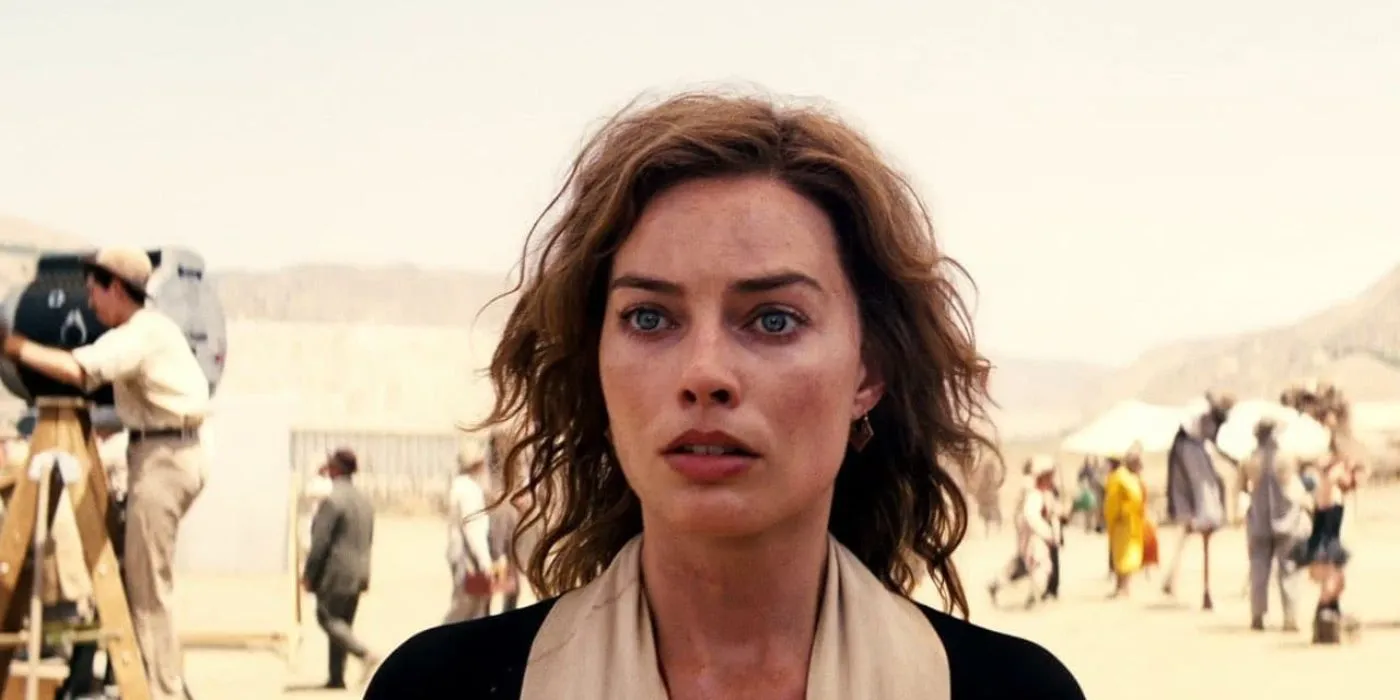
In an industry where success is often measured in box office numbers, certain films defy immediate categorization, simmering under the cultural radar only to emerge as cult classics years later. Margot Robbie’s latest venture, Babylon, appears to be on a similar trajectory. Despite a lukewarm reception at the box office, where it grossed only $63 million globally against an $80 million budget, Robbie and others involved in the project maintain a resilient optimism about its future.

During a recent appearance on the Talking Pictures podcast, Robbie expressed bewilderment over the film’s reception, stating, “I love it… I still can’t figure out why people hated it.” Her comparison of Babylon to initially underappreciated films like The Shawshank Redemption hints at a belief that time will reveal the true value of this audacious project.
The Vision of Damian Chazelle
Directed by Damian Chazelle, known for his Oscar-winning work in La La Land, Babylon is an uninhibited dive into the excesses of early Hollywood. It’s a setting where the conventional rules of cinema were rewritten, mirroring the chaotic energy that Chazelle brings to his storytelling. Robbie praised Chazelle’s relentless pursuit of authenticity and intensity, recalling the director’s exacting standards during filming: “Damian is so thorough. I felt like no one had really put their foot to the floor with the gas, but he wanted that all the time.”

The Transformation of Margot Robbie into Nellie LaRoy
In Babylon, Robbie portrays Nellie LaRoy, a character inspired by the real-life figure Clara Bow, encapsulating the spirit of a burgeoning yet turbulent era in film. Robbie’s transformation involved extensive vocal experimentation, crafting a whopping 51 different accents to find Nellie’s voice, showcasing her commitment to character and period. This meticulous attention to detail is a testament to the depth of character development that Robbie and Chazelle pursued, a hallmark of the film’s bold narrative approach.
Critical Reception and Future Prospects
While the film’s box office numbers were disappointing, critical responses have varied, with some praising its audaciousness. Clarisse Loughrey of The Independent awarded Babylon a five-star review, describing it as a “masterpiece” that was “tailor-made to divide audiences.” Her review emphasizes the film’s role in challenging sanitized narratives of Hollywood’s silent era, presenting it as a raw, unfiltered depiction of artistic ambition and personal sacrifice.

As Babylon continues to stir debate and reflection, its future as a misunderstood masterpiece remains a tantalizing possibility. With Robbie’s passionate defense and Chazelle’s visionary direction, the film may well be on its way to achieving a cult status that eludes immediate commercial success but captures the imagination of generations to come. In the meantime, Babylon stands as a bold statement on the creative chaos that has always defined Hollywood at its most revolutionary.
